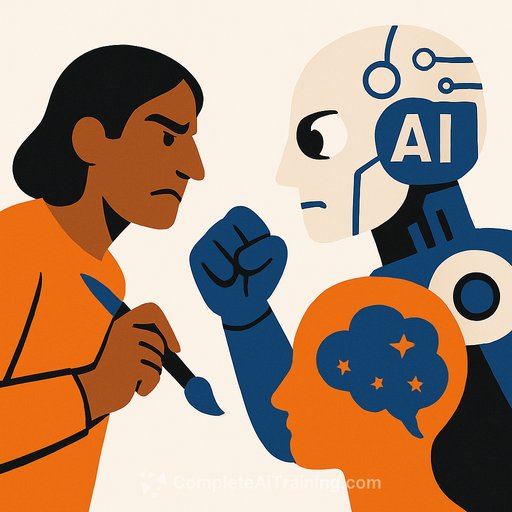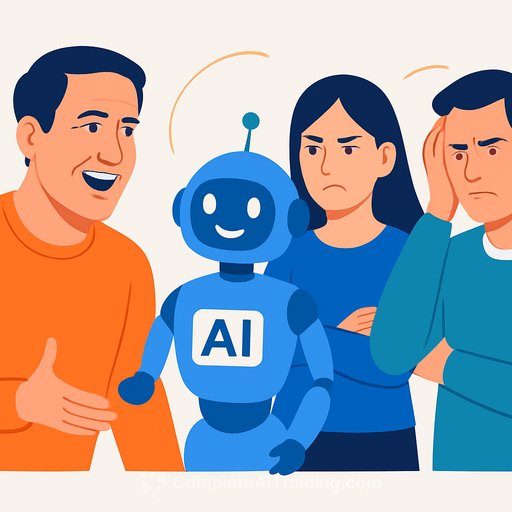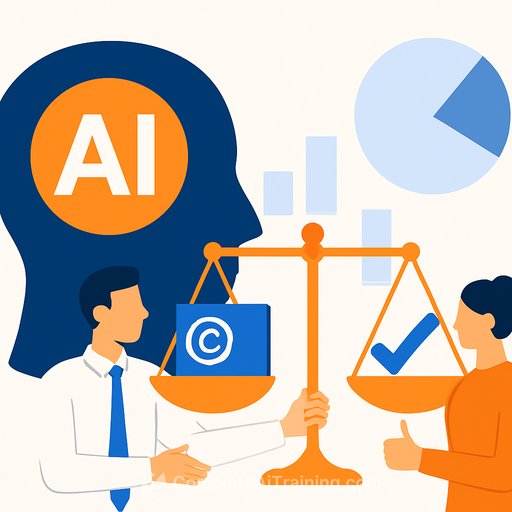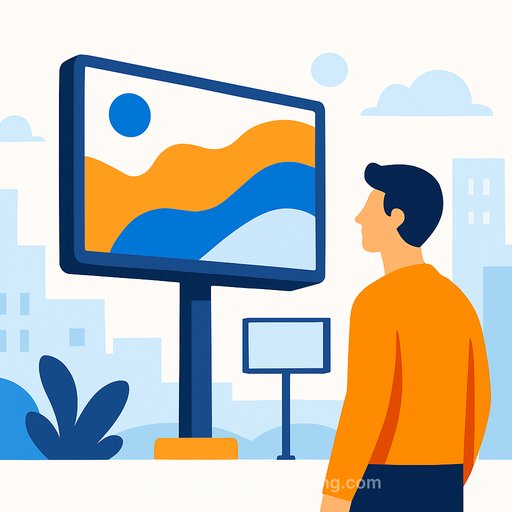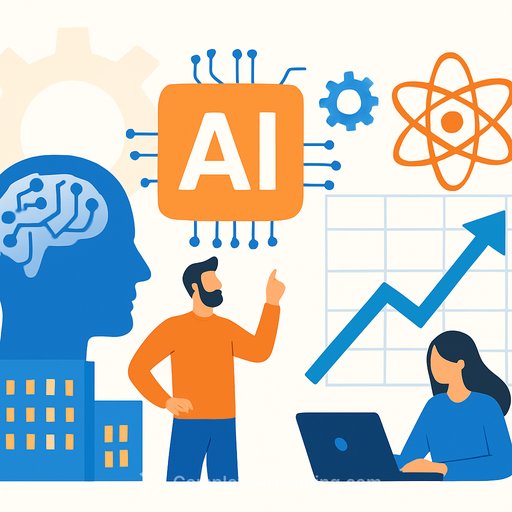Artist Appupen Sounds Alarm on AI’s Threat to Creativity at Odisha Literary Festival
Artificial Intelligence (AI) might speed up work and cut costs, but it falls short on originality and creativity. This was the firm stance taken by artist and graphic novelist George Mathen, known as Appupen, during a session titled ‘Drawing the Future: Art and AI’ at the Odisha Literary Festival.
Appupen emphasized that AI does not originate ideas; it merely regenerates and reproduces existing content based on its training data. This reliance on past work limits AI’s ability to truly innovate or inspire fresh imagination.
AI as a Commercial Tool, Not a Creative Force
“AI is a powerful tool controlled by tech billionaires,” Appupen said. “Governments and public enterprises often lack access to such advanced machines.” He pointed out that AI’s learning depends heavily on the data fed into it, which is why users unknowingly contribute to its development by interacting with it.
He expressed concern that AI’s growing dominance threatens the creative community. Children, for example, risk losing critical thinking and imaginative skills as they grow dependent on AI tools like ChatGPT. Appupen described this trend as driven purely by commercial interests rather than genuine creative enhancement.
The Plateau of Technological Innovation
According to Appupen, AI technology has hit a plateau within research labs and now depends largely on human input for further improvement. “Everyone is being made to play with AI so that it can become a paid or licensed product,” he warned. This shift risks leaving users without the necessary skills to think independently, fostering over-reliance on AI-generated content.
Calls for Caution and Regulation
Appupen urged patience and critical evaluation before embracing AI on a mass scale. He questioned the rush to adopt AI widely when its full capabilities and consequences remain unclear. “Why push it down everyone’s throat when no government controls it? This is corporate flexing,” he said.
He highlighted the case of Ghibli AI, a tool that mimics the distinctive animation style of Japan’s Studio Ghibli. This, he argued, represents a new form of corporate censorship that harms artists more severely than government censorship ever could.
Need for Government Safeguards
Appupen called on governments and regulators to establish safeguards for creative professionals. He noted that in the US, AI-generated art cannot be monetized legally because it is considered to be derived from stolen work used without artists’ permission. Unfortunately, similar protections do not exist in many other countries.
As creative professionals face these challenges, understanding AI’s limitations and legal boundaries becomes essential. For those wanting to explore AI thoughtfully, resources like Complete AI Training offer courses that provide structured knowledge on AI tools and their implications.
Final Thoughts
AI can be a helpful assistant, but it cannot replace genuine human creativity or original thought. Staying alert to its limitations and potential risks is crucial for anyone in creative fields. The conversation sparked by Appupen’s insights is a reminder to protect imagination and critical thinking in an age of increasing automation.
Your membership also unlocks:

